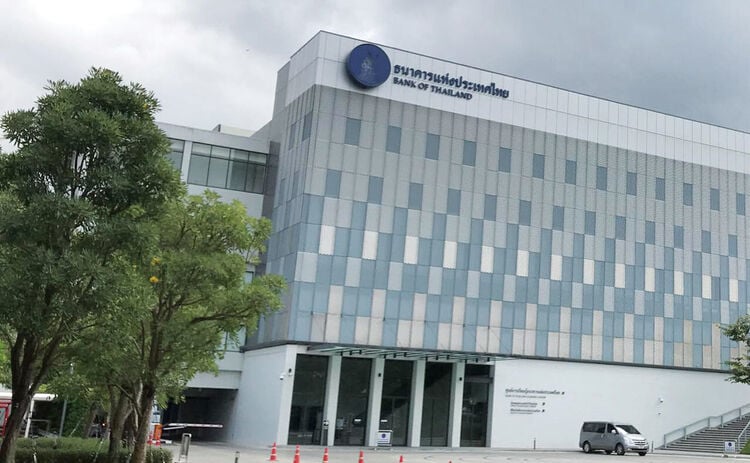Bank of Thailand maintains policy rate for economic revival

The existing policy rate of the Bank of Thailand is deemed suitable for the nation’s economic revival, while inflation is anticipated to remain within its target range, according to the central bank. This decision, the Monetary Policy Committee (MPC) of the central bank states, is based on a comprehensive analysis of various scenarios.
Piti Disyatat, Assistant Governor and MPC Secretary revealed yesterday, January 14, that the Bank of Thailand has been consistently elevating its policy rate, taking into account both global and local economic conditions, specifically in the short to medium term. The prevailing monetary policy stance is considered appropriate by the central bank, stated Piti.
“However, we remain open to different perspectives, including those from the government. We are ready to adjust the policy rate as per the economic situation, without sticking rigidly to one viewpoint.”
In a recent meeting with BoT Governor Sethaput Suthiwartnarueput, Prime Minister Srettha Thavisin called for a reduction in borrowing costs in response to months of falling inflation and rising interest rates.
Recognising the widespread economic impact of rising policy and lending rates during an uneven economic recovery, Piti confirmed that the central bank has been implementing financial measures to aid debtors.
“These measures, designed and adjusted to fit the economic context, include debt resolution measures, liquidity support measures, and stability maintenance measures for the Thai financial market.”
Uneven economy
Piti emphasised that monetary policy alone cannot remedy the nation’s uneven economic recovery and structural issues. He suggested that other instruments are required for long-term economic improvement, problem resolution, and enhancement of the country’s competitiveness. He also stressed the crucial role of fiscal policy in supporting economic growth.
Despite the economy’s continued recovery from the pandemic, Piti noted that GDP growth is less than what the bank had previously predicted. This is attributed to both internal and external risk factors, notably a slow recovery in inbound tourism and a decrease in export demand.
Although foreign arrivals are close to the bank’s forecast, foreign tourism income has underperformed. The manufacturing sector has also experienced a larger-than-anticipated contraction due to weak global demand affecting exports.
Additionally, Piti highlighted the country’s sluggish post-pandemic competitiveness compared to its peers, which is a structural issue that hampers economic growth.
Lastly, he stated that the central bank expects headline inflation to continue to decline, with contractions forecasted for the next two months, reported Bangkok Post.
Latest Thailand News
Follow The Thaiger on Google News:


























